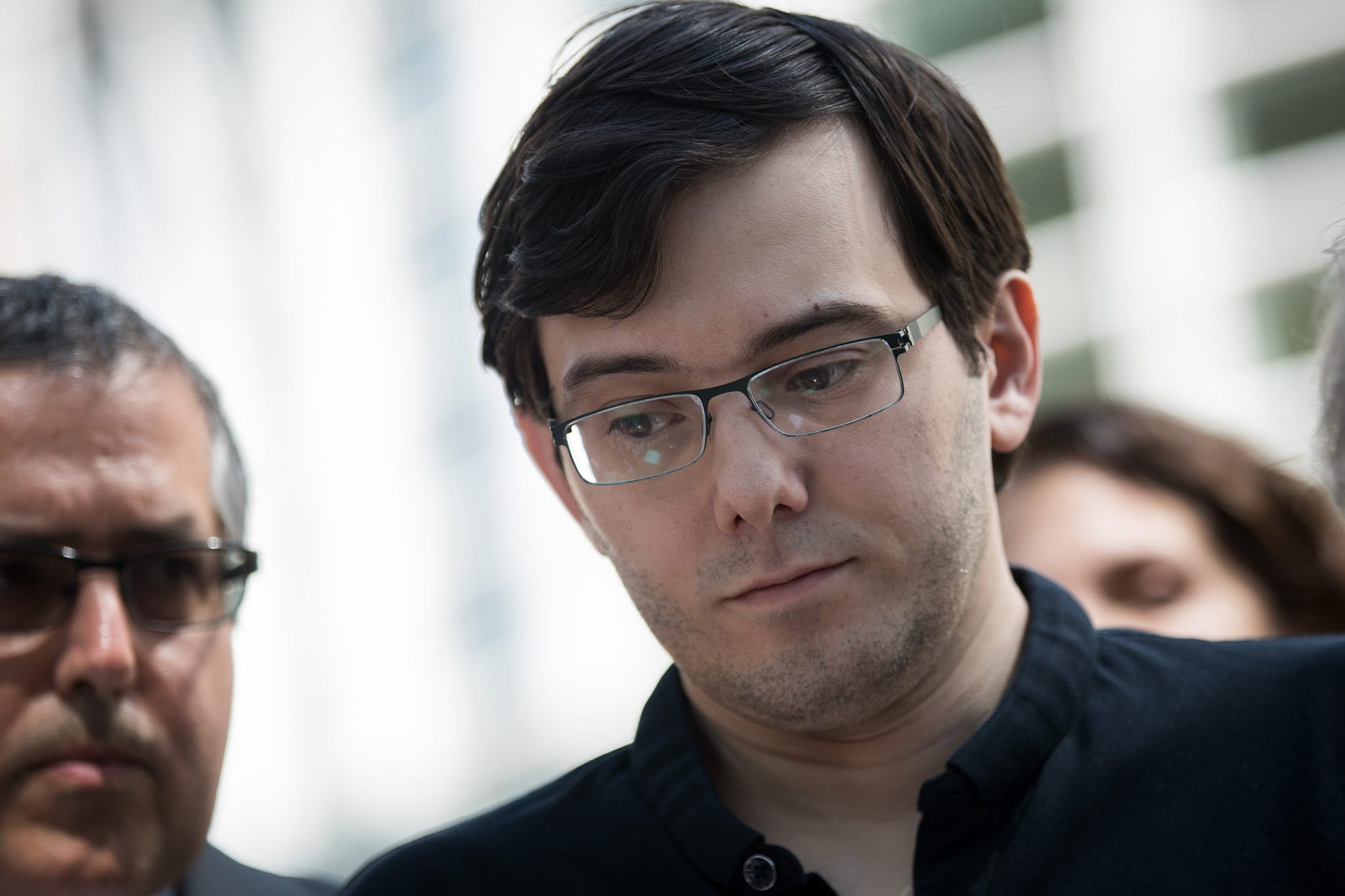
Martin Shkreli receives lifetime industry ban, forced to return almost $65M in profits after anticompetitive scheme
Martin Shkreli will have to find a new nickname.
A federal judge banned the former biotech CEO and “Pharma Bro” from the drug industry on Friday, ordering him to pay nearly $65 million in illicit profits. Shkreli was convicted of securities fraud in 2017 and is currently serving a seven-year prison sentence, though he originally gained notoriety for raising the price of the antiparasitic drug Daraprim from $13.50 to $750 in 2015.
Unlock this article instantly by becoming a free subscriber.
You’ll get access to free articles each month, plus you can customize what newsletters get delivered to your inbox each week, including breaking news.